The Digital Detox Dilemma: Is Unplugging the Cure for Modern Stress?
The Great AI Copyright War: Who Owns the Outputs?
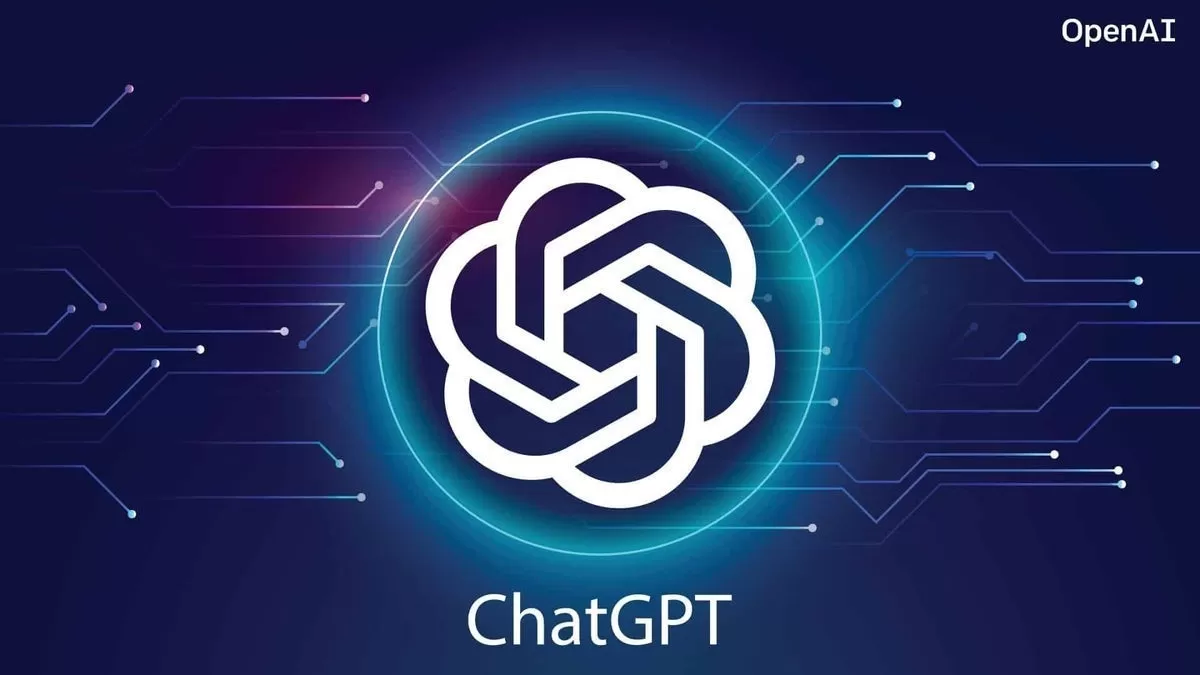
As AI-generated content becomes indistinguishable from human work, a fierce legal and ethical debate has emerged: Who owns AI-created text, images, code, or music? The rapid advancement of generative AI tools has blurred the lines of authorship, leaving lawmakers, businesses, and artists grappling with unanswered questions.
Legal Gray Areas in AI Copyright
Current copyright law, designed for human authorship, struggles to address machine-generated content. In the U.S., courts have ruled that purely AI-generated works cannot be copyrighted unless there is significant human input. This creates uncertainty—can a marketing agency claim ownership of an AI-generated ad? Can an artist copyright a digital painting enhanced by AI? The lack of clear guidelines has led to disputes between creators, platforms, and users.
The Training Data Dilemma
A major point of contention is the use of copyrighted material to train AI models. Photographers, musicians, and writers argue their work was scraped without consent or compensation. Some platforms now allow creators to opt out of training datasets, but critics say this is insufficient. The legal battle over whether AI training constitutes "fair use" or copyright infringement remains unresolved, with lawsuits piling up against major AI developers.
Industry Responses and Solutions
In an effort to address concerns, companies like OpenAI and Adobe are testing content provenance tools—digital watermarks that track AI-generated material. However, enforcement is still unclear. Some platforms are exploring licensing agreements with content creators, while others advocate for new legal frameworks that recognize AI as a co-creator. These measures aim to balance innovation with fair compensation for original artists.
The Stakes for Creative Industries
The outcome of this debate could reshape the future of art, media, and entertainment. If AI-generated works remain uncopyrightable, businesses may hesitate to invest in AI tools. Conversely, if AI outputs gain legal protection, human creators fear being sidelined. With billions in revenue and cultural influence at stake, the resolution of this conflict will impact how creativity is valued in the digital age.
The Path Forward
The battle over AI-generated intellectual property is far from over. Policymakers, tech companies, and artists must collaborate to establish fair standards that protect original work while fostering innovation. Until then, the uncertainty surrounding AI copyright will continue to fuel legal disputes and ethical dilemmas, shaping the creative landscape for years to come.
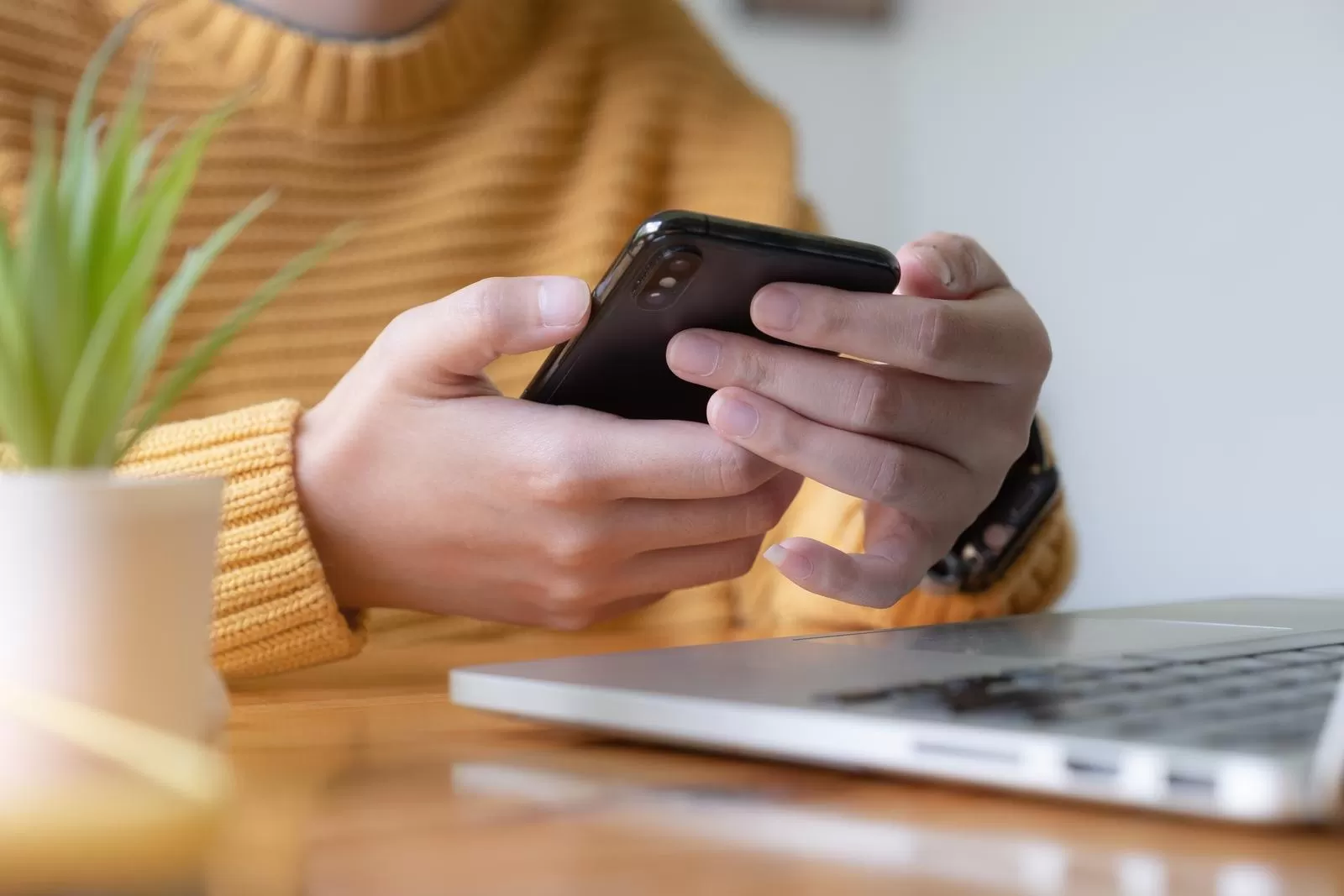

Urban Gardening: How City Dwellers Are Growing More Than Just Food

The Great Wealth Migration: Why Capital Is Flowing East in 2025

The Hidden Cost of Climate Change on Public Health

Smart Home Revolution: How IoT Is Redefining Modern Living

AI in Healthcare: From Diagnoses to Drug Discovery
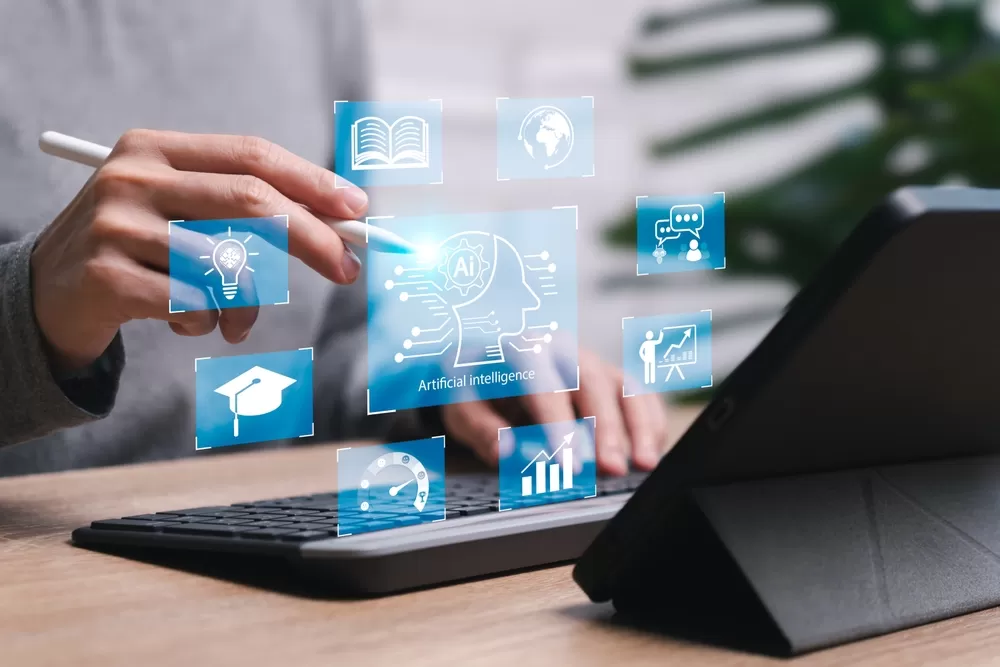
The Rise of Generative AI: How It's Reshaping Creativity and Work
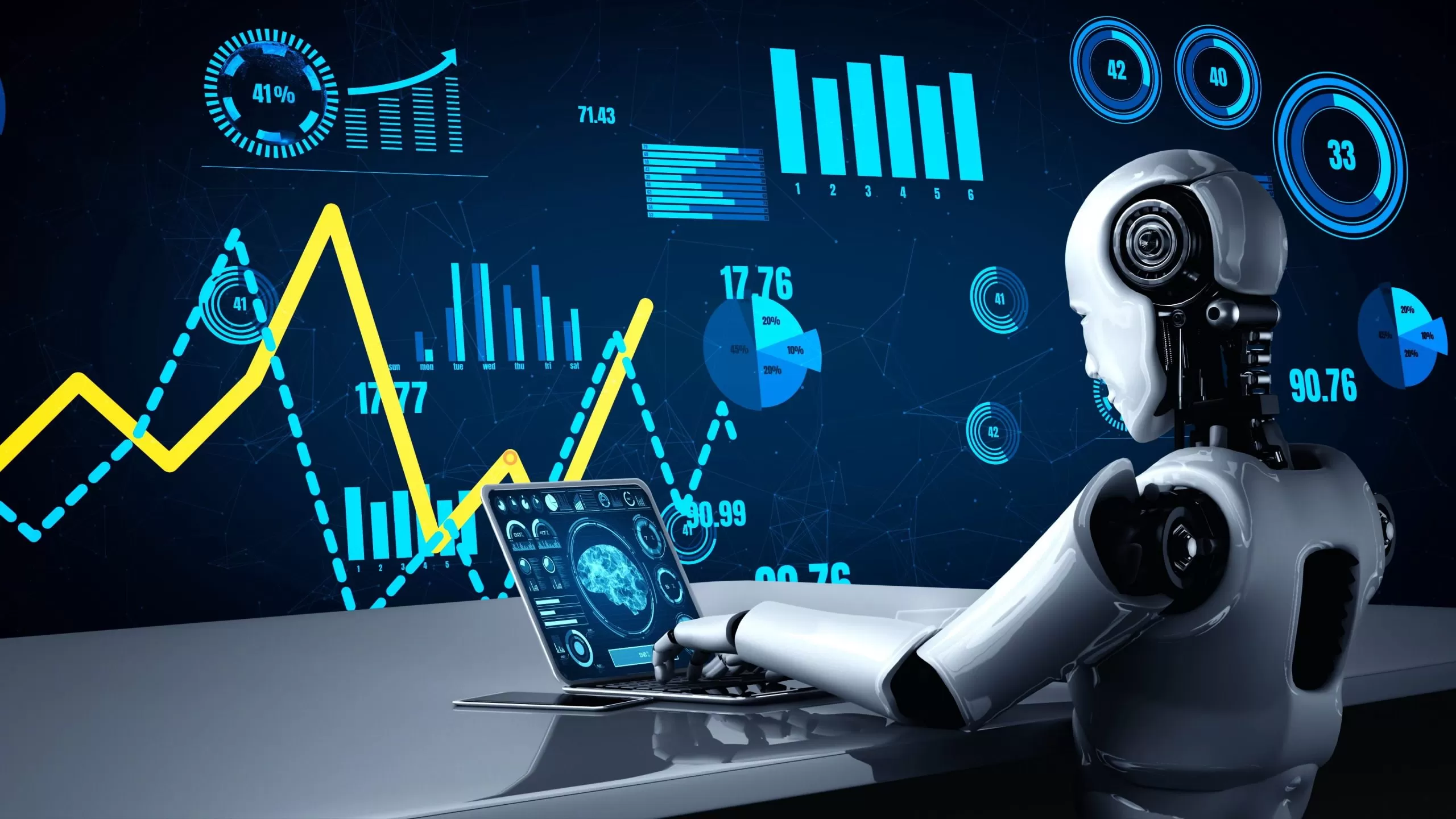
AI Meets Finance: The Rise of Automated Wealth Advisors and Risk Engines
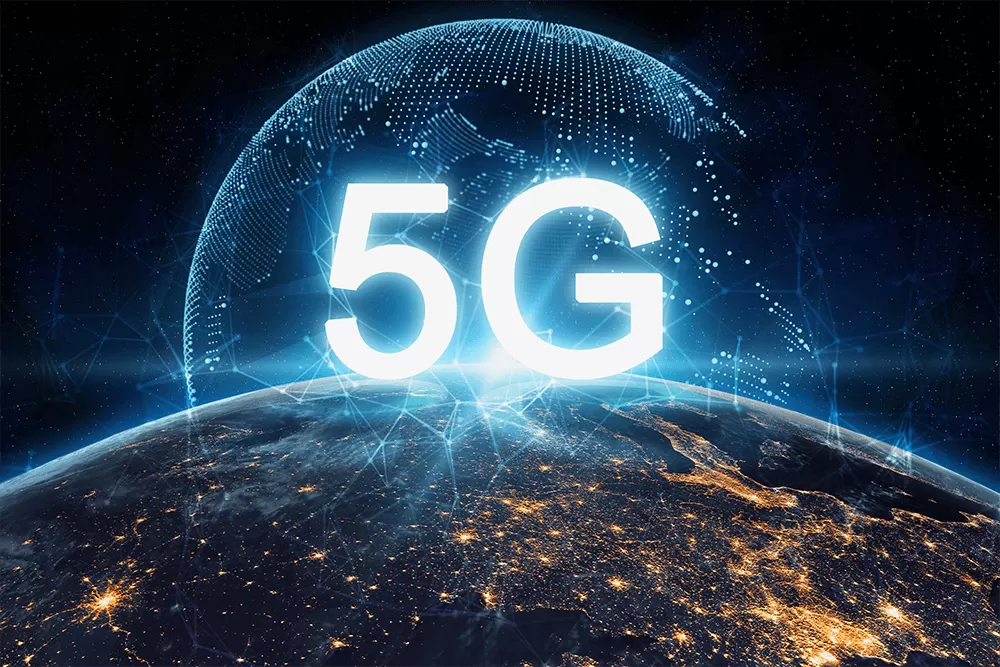
5G and Beyond: The Next Wave of Mobile Connectivity
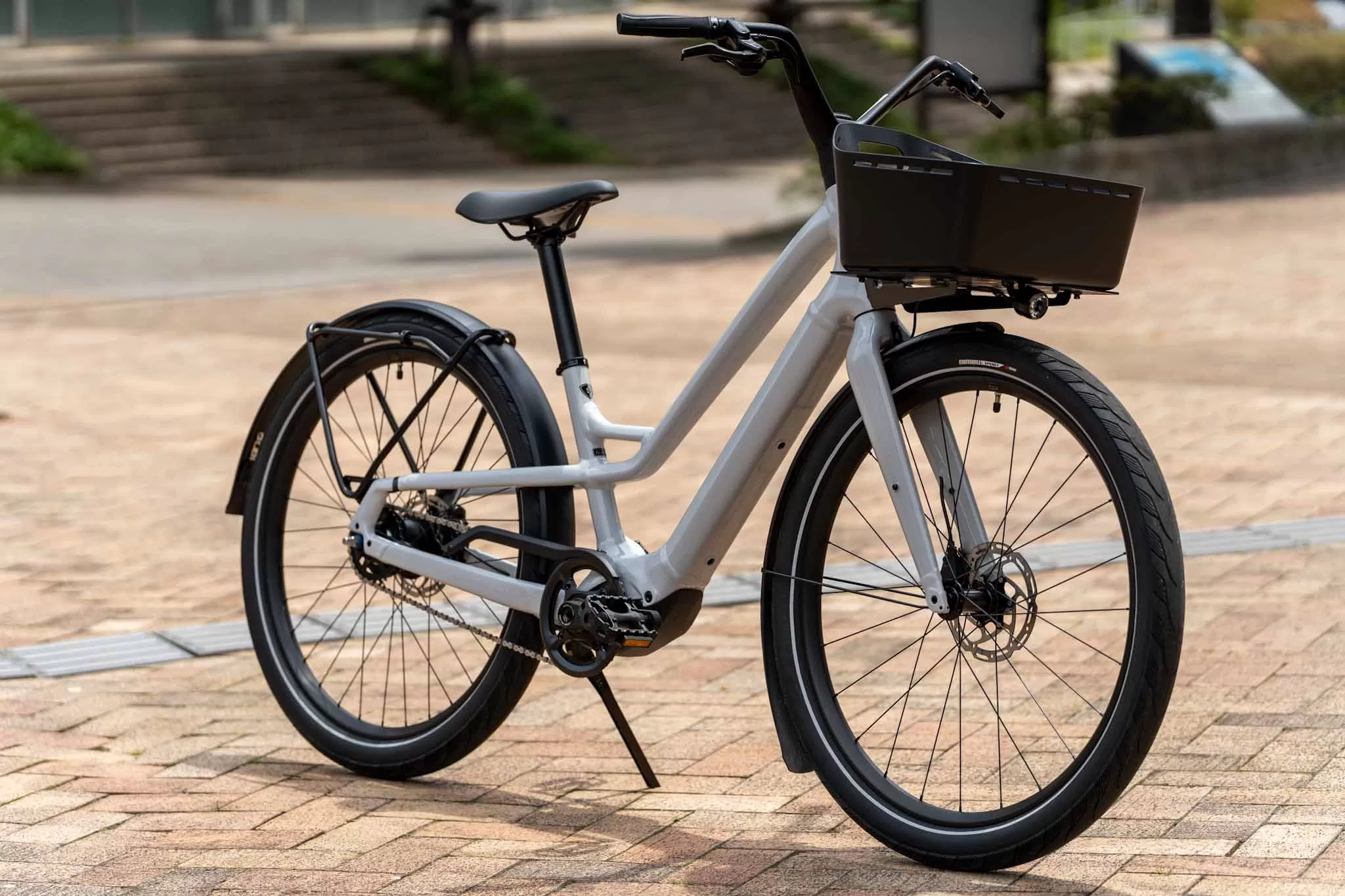
AI & Tech: Simplifying E-Bike Conversion Kits